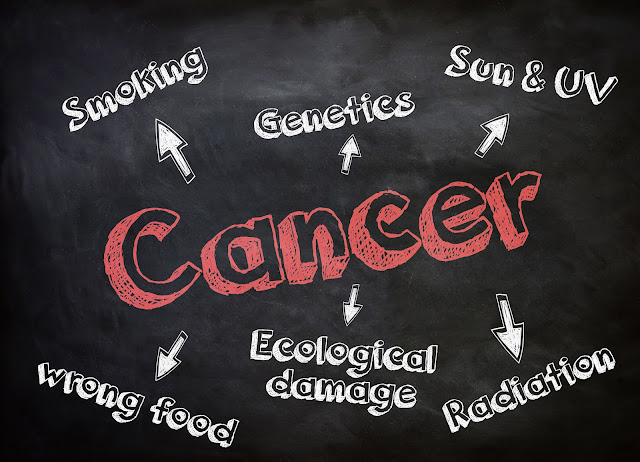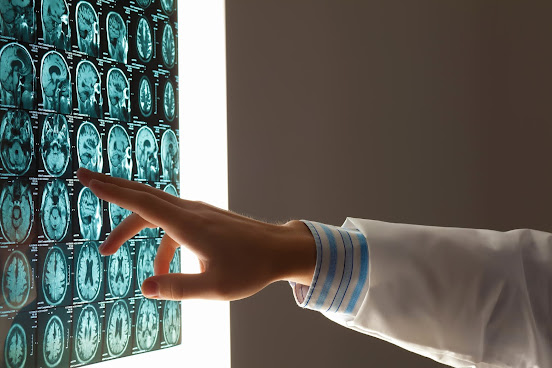Living with cancer? Discover 7 essential cancer treatments!
Patients should be aware of various cancer treatments and their effectiveness, after a cancer diagnosis. Knowing about possible treatment options for your specific type may help to cope and fight against cancer. The treatments of cancer vary for every patient and are strictly dependent on some specific factors such as health status of the patient, type, location stage and spread of the disease.
Most of the cancer treatments such as surgery are focused on killing or removing cancerous cells from the body (primary treatment), reduce the chances of recurrence of cancer (adjuvant treatment) and relieve the side effects associated with cancer and its treatment (palliative treatment).
Advances in cancer research have evolved various novel treatments which boost the body’s defense system against cancer. The major types of cancer treatments available are:
Surgery: It is the most commonly used treatment and usually employed in about 60% of the patients with cancer. There are various types of surgeries which are focused on removing cancer cells (curative surgery), killing precancerous cells or polyps (preventive surgery), determining the extent of cancer (staging surgery), removing tumors through tiny incisions (minimally invasive surgery) and in combination with other treatments (supportive surgery).
Radiation therapy or radiotherapy: It is also the commonly used treatment which is usually used in about 50% of cancer patients. It usually involves the use of high energy proton beams to destroy cancerous cells in the body. It can be used alone or in combination with other treatments depending on the treatment plan.
Chemotherapy: This treatment option includes the use of a single drug or a combination of drugs, depending on the type of disease and its growth. Various anticancer drugs are developed to kill cancer cells, control their growth and metastasis.
Most of these drugs are administered orally, topically, intrathecally or by intravenous route. Patients can also receive chemotherapy before surgery to shrink tumors (neoadjuvant therapy) or after surgery to remove any remaining cancer cells (adjuvant therapy).
Immunotherapy: It is the most recently developed cancer therapy which is focused on improving the defence system or immune system of the body to better recognize cancer cells and destroy cancer cells efficiently.
It includes immune checkpoint therapy which supports the activity of cancer fighting cells (T cells) for a long lasting response against cancer, cancer vaccines to stimulate immune responses, monoclonal antibodies to better recognize cancer cells, and cytokine therapy to enhance or trigger an immune response against cancer cells.
Hormone therapy: This type of therapy includes the use of synthetic drugs to block the response of natural hormones present in our body. It helps to reduce the growth and spread of certain types of cancers such as ovarian cancer, prostate cancer, testicular cancer, cervical cancer, breast cancer and uterine cancer.
It is also termed as endocrine therapy or hormone blocking therapy and should not be confused with hormone replacement therapy which aims to supply hormones which are no longer produced naturally.
Stem cell transplantation: It includes transplantation of defective bone marrow cells with new and healthy bone marrow cells. This type of treatment is usually employed to treat blood cancers, especially leukemia and lymphoma.
This can be of two types: autologous in which healthy bone marrow cells are harvested from the body, cultured in lab and transferred back to patient and allogeneic in which cells from a donor are harvested, cultured and injected to recipient. This treatment is useful to recover and tolerate other cancer treatments.
Supportive treatments: This treatment is usually focused on reducing the signs and symptoms of people with cancer as well the adverse effects associated with cancer treatments. It includes the use of complementary therapies and palliative care.
Complementary therapies include talking therapies, meditation, acupuncture, aromatherapy, music therapy, and massage to reduce pain, fatigue and depression associated with cancer and its treatments. Palliative care includes counselling and support services to improve quality of life and address fears, worries and emotional disturbances.
Together these treatment therapies may help to treat cancer. Before receiving any treatment, you should be aware of the basic information about cancer treatments. Also, you should discuss the positive and negatives of each treatment with your oncologist or cancer care team. It is essential to follow a healthy lifestyle to prevent or reduce the risk of getting this deadly disease.
Frequently asked questions (FAQs)
Q. Can cancer be cured?
A. Yes, cancer can be cured if it is diagnosed in a very early stage. However, if it has progressed to a chronic stage, it is difficult to manage it. Also there are greater chances of coming back from cancer or cancer remission.
Q. Is cancer treatment safe?
A. Yes, most of the cancer treatments are found to be safe in clinical trials, however, they may lead to side effects in some patients.




Comments
Post a Comment